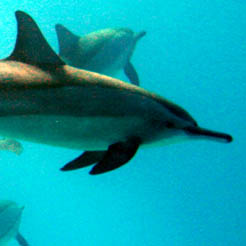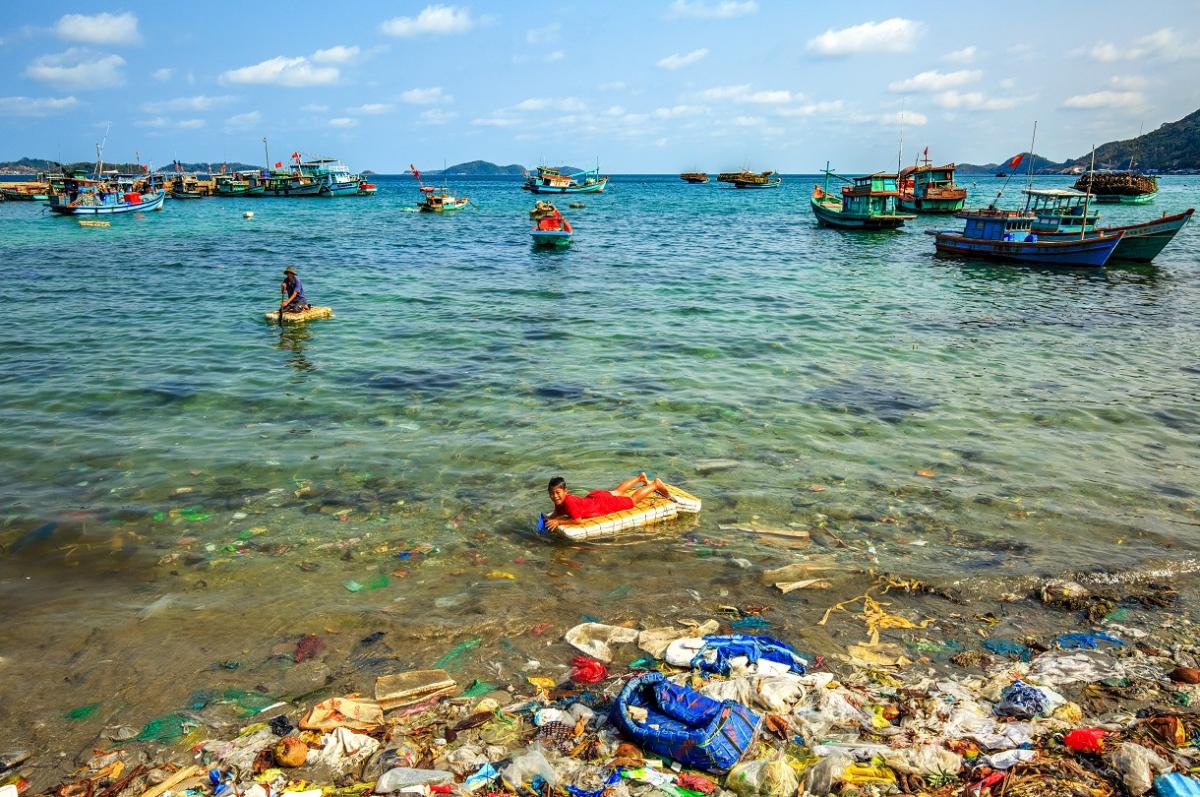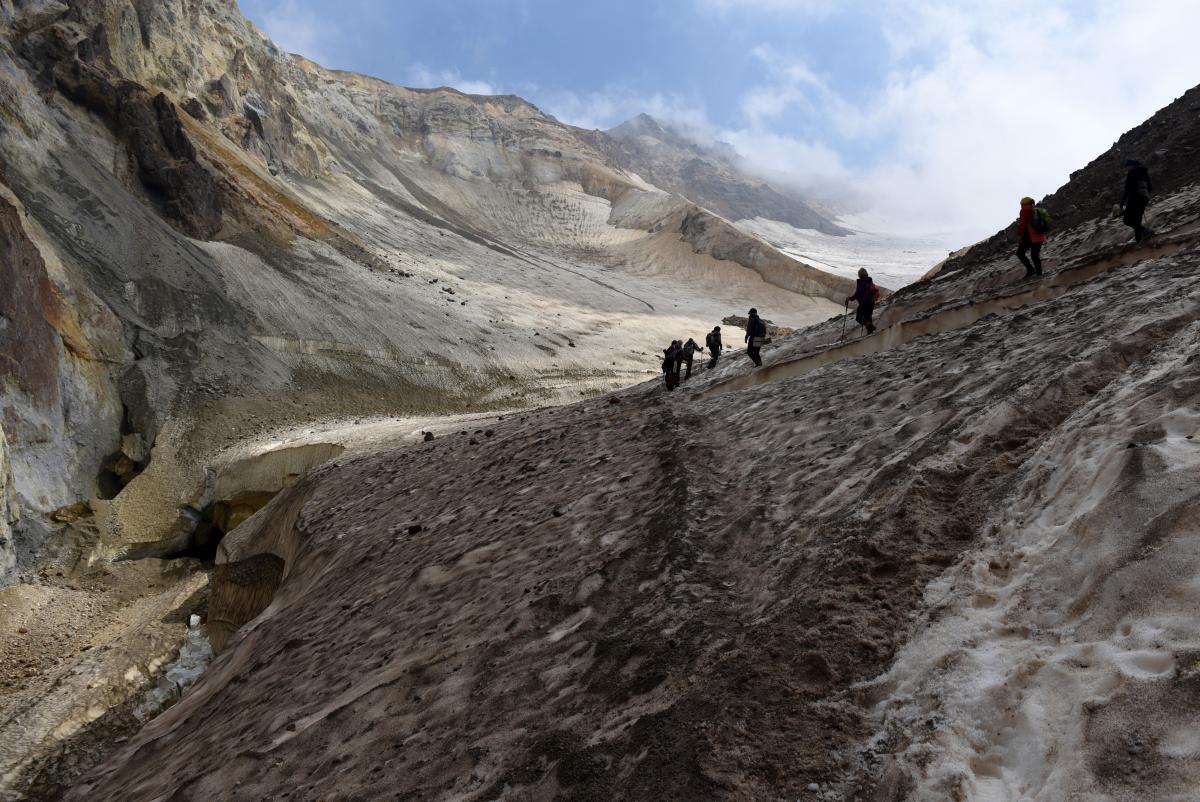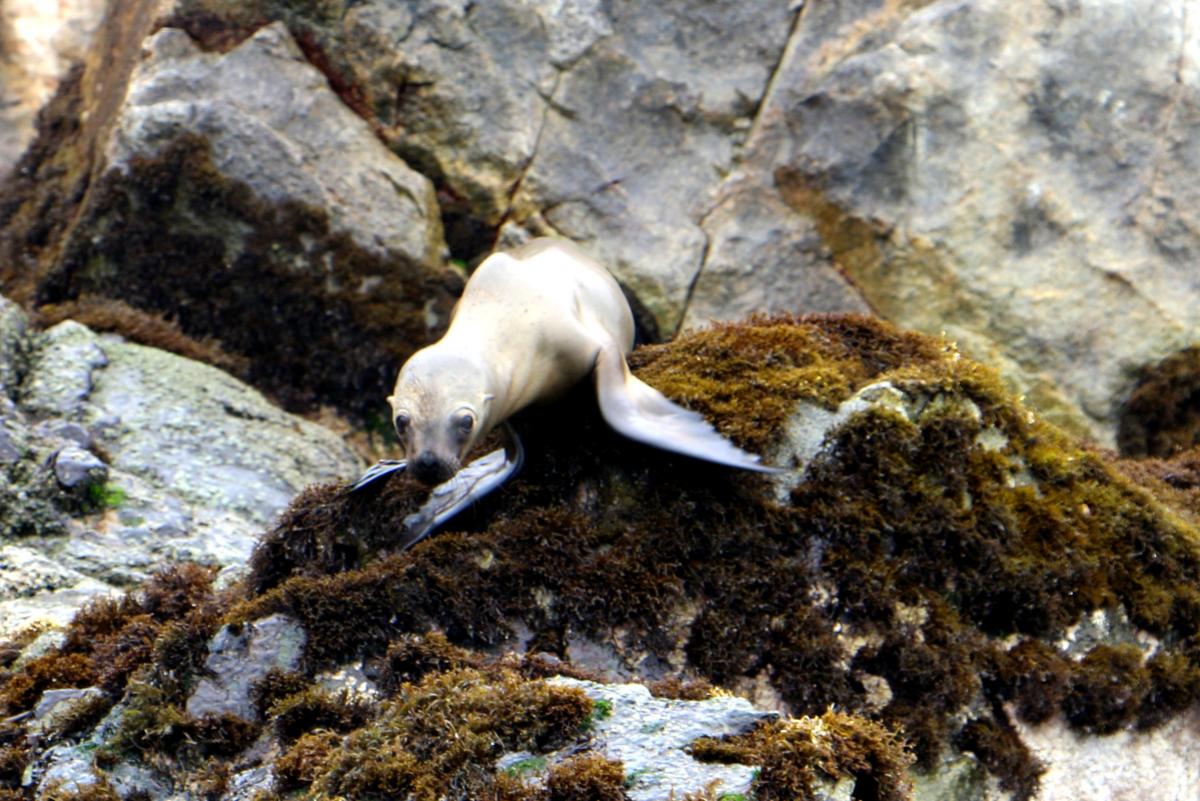Ocean protection: we cannot afford to fail – IUCN
The most pressing marine environmental issues will be addressed at the first International Marine Conservation Congress in Washington D.C. from May 19 to 24. The Congress aims to put conservation science into practice and will address climate change, poverty and globalization, marine protected areas and fisheries and aquaculture, among other themes. Policy-makers, scientists and marine managers will gather to exchange ideas and find the best way of dealing with common problems across the globe. IUCN will profile the importance of marine protected areas and precautionary actions to protect our oceans from climate change, ocean acidification and intensifying human uses.

Photo: Ameer Abdulla IUCN
Key issues:
- Protect our oceans. “The fact that less than one percent of the world’s oceans are covered by marine protected areas is a catastrophe waiting to happen,” says Dan Laffoley, Chair of the World Commission on Protected Areas, Marine. “Just because these places are under water and not highly visible does not mean they should be ignored. It’s time to expand marine protected areas and save our oceans from threats like over-fishing and climate change.”
- Adapt to climate change. “Climate change is already happening so how we deal with it is a question that we cannot afford to ignore,” says Carl Gustaf Lundin, Head of IUCN’s Global Marine Programme. “The healthier oceans are, the better they will be able to deal with the effects of climate change, such as rising sea temperatures and ocean acidification.”
- Bring some order to the high seas. “The high seas and deep ocean beyond national jurisdiction really are the last frontier when it comes to rules and regulations,” says Kristina Gjerde, IUCN’s High Seas Policy Advisor. “We need to identify and then protect biologically significant areas in these remote yet critical realms and we need to do it now.”
Spokespersons
- Carl Gustaf Lundin, Head of IUCN Global Marine Programme, e carl.lundin@iucn.org
- Kristina Gjerde, IUCN’s High Seas Policy Advisor, e kgjerde@eip.com.pl
Materials for the media:
- May 19: IUCN Opening Statement
- May 20: Corals and Climate Change press conference at the National Audubon Society, 1150 Connecticut Ave NW #600, Washington DC 20036.
- May 22: Marine Protected Areas press conference at the National Audubon Society, 1150 Connecticut Ave NW #600, Washington DC 20036.
- May 24: IUCN Closing Statement
Photos/Audio/Video material are available at: www.iucn.org/imcc
Media team:
- Brian Thomson, IUCN Global Communications, m +41 79 721 8326, e brian.thomson@iucn.org
- Taffeta Gray, Marine Communications Officer, m +1 202 330 3615, e taffeta.gray@iucn.org
About IUCN
IUCN, International Union for Conservation of Nature, helps the world find pragmatic solutions to our most pressing environment and development challenges.
IUCN works on biodiversity, climate change, energy, human livelihoods and greening the world economy by supporting scientific research, managing field projects all over the world, and bringing governments, NGOs, the UN and companies together to develop policy, laws and best practice.
IUCN is the world’s oldest and largest global environmental organization, with more than 1,000 government and NGO members and almost 11,000 volunteer experts in some 160 countries. IUCN’s work is supported by over 1,000 staff in 60 offices and hundreds of partners in public, NGO and private sectors around the world. www.iucn.org



